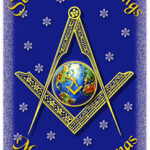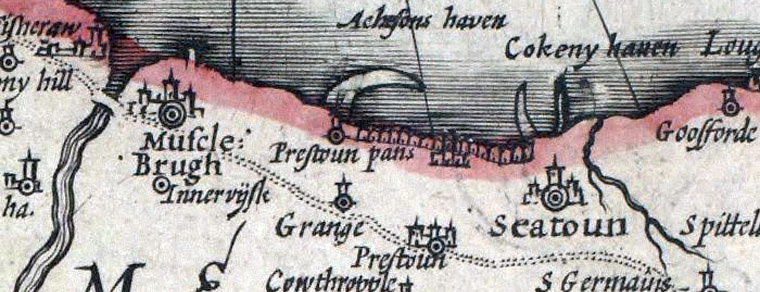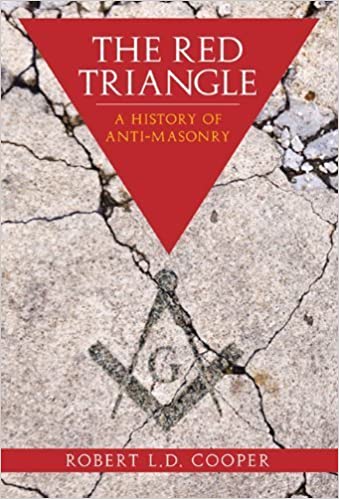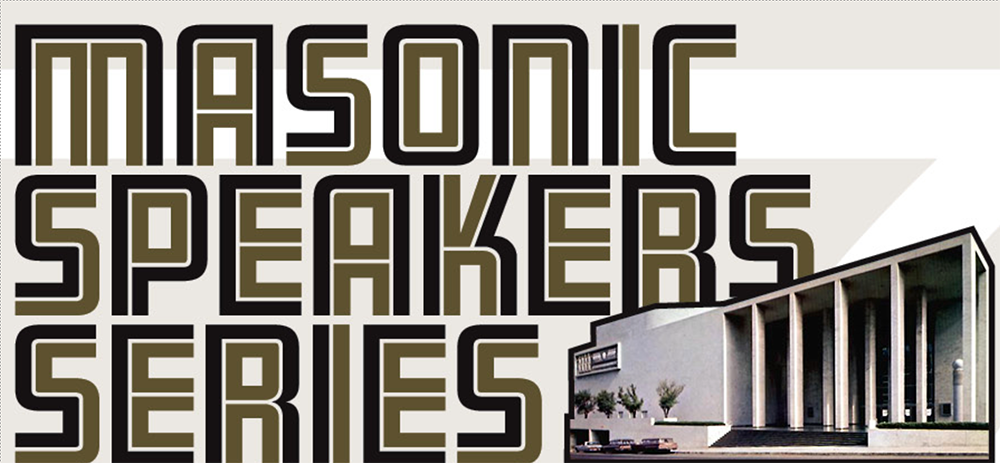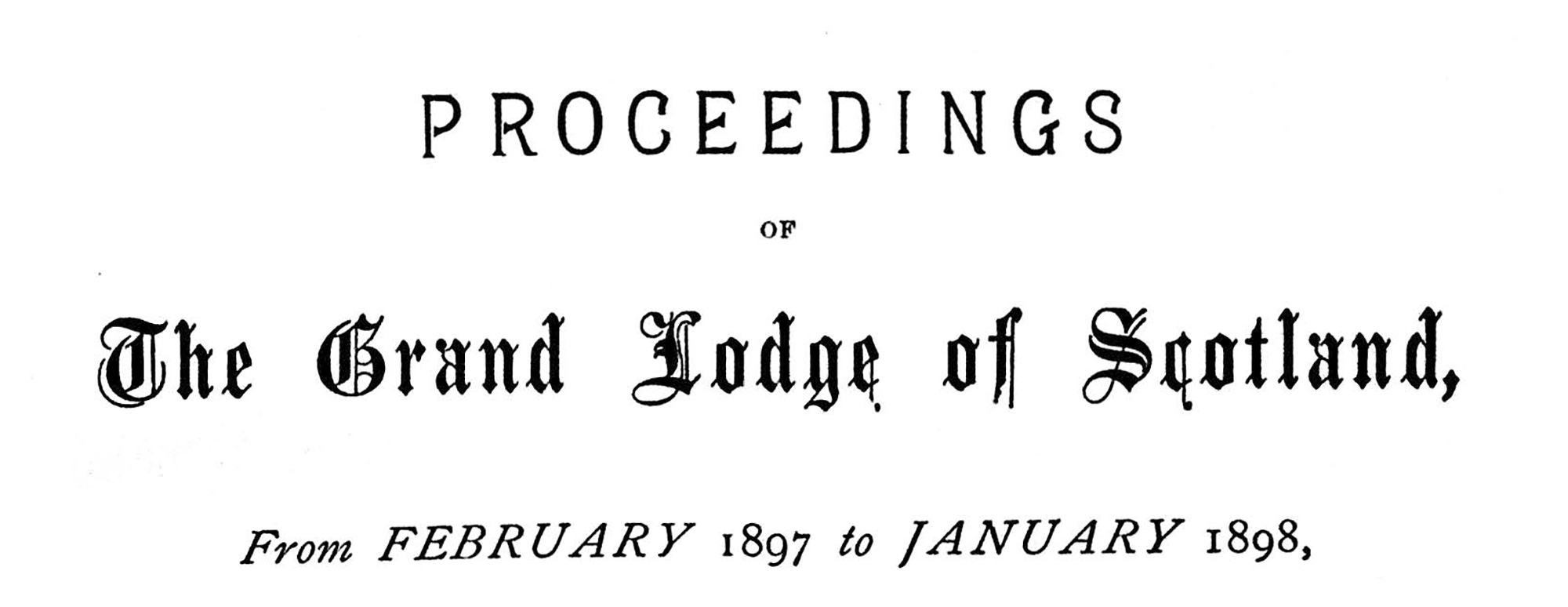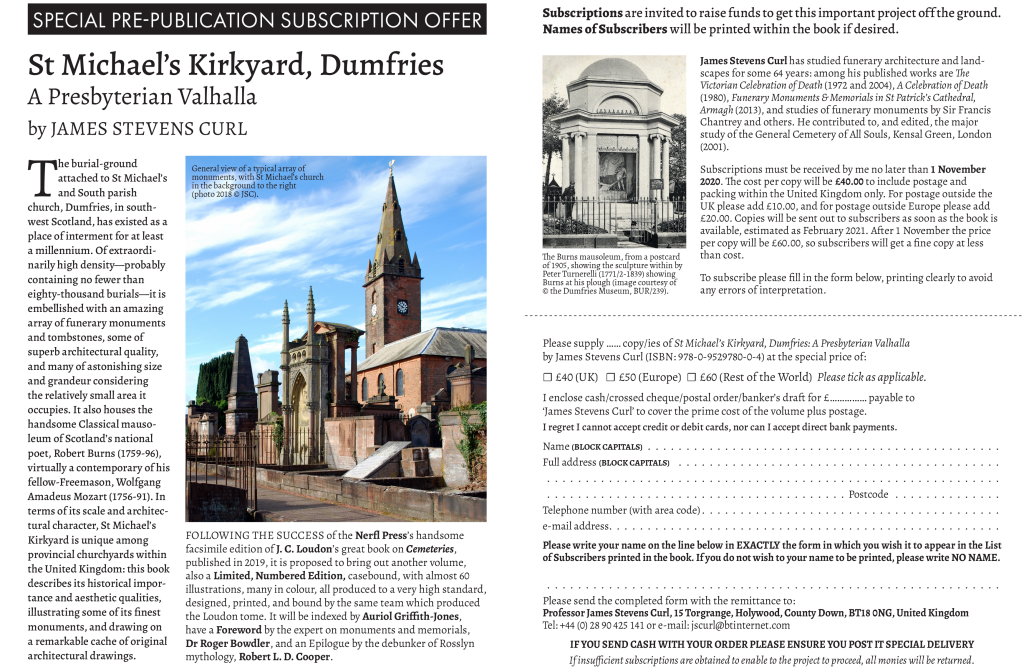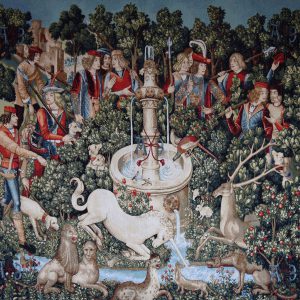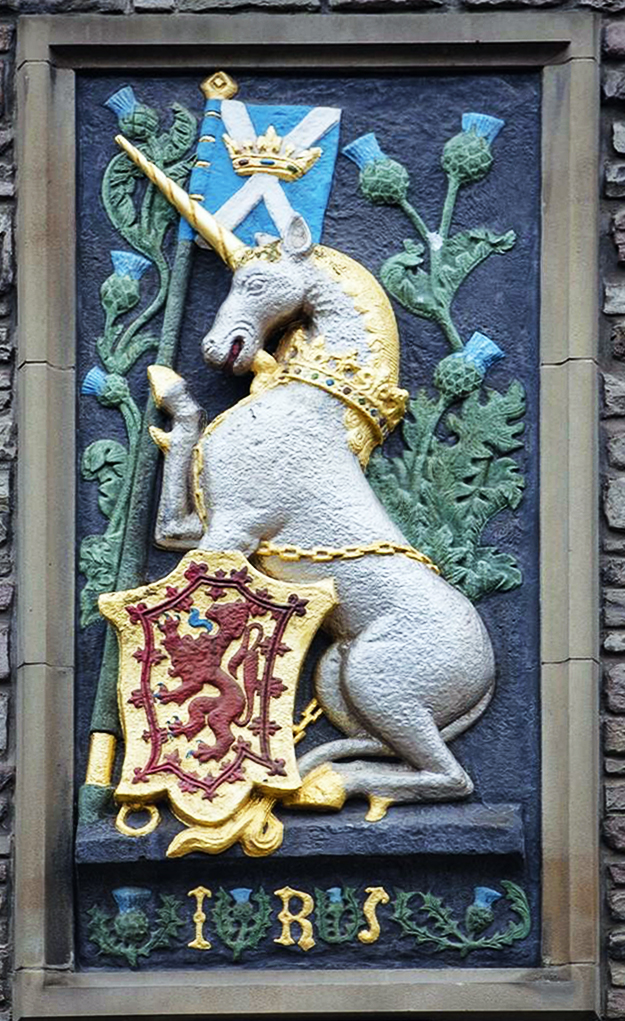A monopoly on what you might well ask – as did I. Ritual? Charters (Warrants)? Initiations? Or, something else.
It was something else! The person who sent me the question asked something far simpler: ‘Do Grand Lodges have a monopoly over Freemasonry?’ – that is the communal practice of conferring degrees on suitable applicants.
My initial reaction was: ‘of course not’ and thought that this would be an easy question to answer especially as I am at an early stage of this idea of Questions and Answers about Freemasonry.
Back to the question: ‘Do Grand Lodges have a monopoly on Freemasonry?’ and although my simple reply – of course not, is correct at first glance the devil is, as always, in the detail.
The first problem is defining what Freemasonry is and if a satisfactory definition is agreed (something I am not sure is possible) we are then confronted with the problems of defining what a ‘Grand Lodge’ is and what a ‘monopoly’ means.
Let us attempt the first definition – what is Freemasonry? Before the arrival of Grand Lodges in the early 18th century, Masonic Lodges existed all over Scotland. This national network of Lodges did not have a central controlling body (a Grand Lodge if you will) and each Lodge when about its own affairs unaccountable to any superior body. In other words they were independent, local, entities but they had one major common aspect and that was the ritual.
From existing, written, Scottish records we know that the ritual used by these Lodges was almost identical regardless of where any particular Lodge was located. These rituals are well known to Masonic historians but because they are handwritten and dispersed across various archives and libraries are not so well known as the first printed ritual.
For the record, the earliest known ritual is the Edinburgh Register House manuscript (MS) and is dated 1696 with several more appearing during the course of the following decade. This is an important point as they were written many years prior to the existence of any Grand Lodge. If, therefore, Freemasonry is defined as an initiatory system with a common ceremonial (ritual) in use by all known Lodges then Freemasonry as we know it today certainly existed in Scotland as early as the late 16th century.
Alternatively, if a Grand Lodge is defined as a body which it issues Charters, or Warrants, that are required to create Lodges then the definition of Freemasonry is somewhat different. However, in my view, this is a weak argument simply because prior to Grand Lodges the common denominator of Freemasonry was the ritual and not pieces of paper issued by a central authority.
By the first definition therefore, Grand Lodges did not, and could not, have a monopoly over what Lodges were doing at a local level. By the second definition, what I shall call ‘Grand Lodge Freemasonry,’ overlaid what already existed and the intriguing question here is: how did a Grand Lodge (and later, other Grand Lodges) come to acquire the power to govern existing local Lodges?
Consider this as an introduction to a Masonic subject that although I initially thought to be quite simple, and therefore quite simple to answer, turns out to be quite the opposite.
The answer, I think, lies in the different histories of two countries – Scotland and England. The national network of independent local Lodges existed in Scotland, in writing, from 9th January 1599. Even these earliest written records show that Lodges were meeting before then as they refer to earlier events.
England, on the other hand had no national network of Lodges. There are no Lodge records of a similar age to those in Scotland. It is inconceivable that all written records from England, had they existed, have simply disappeared.
To be continued…
